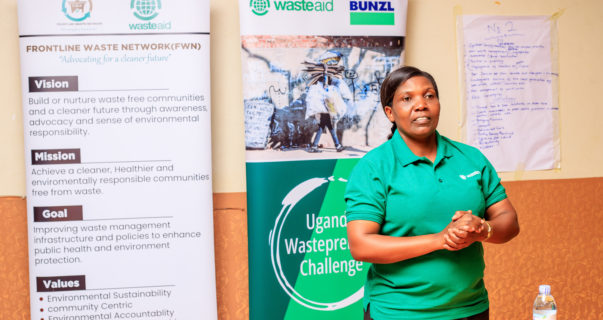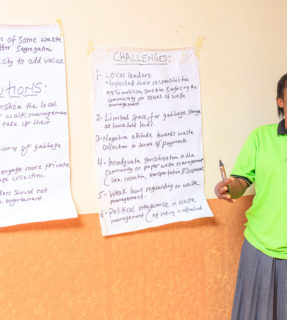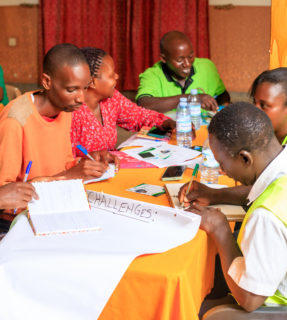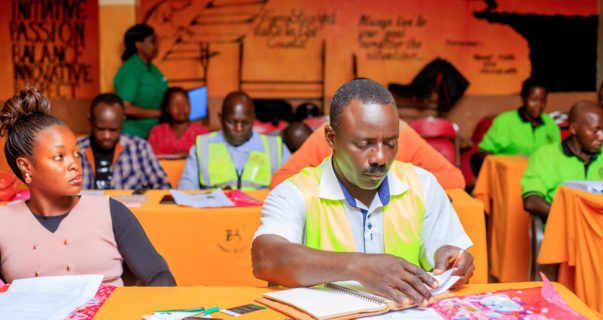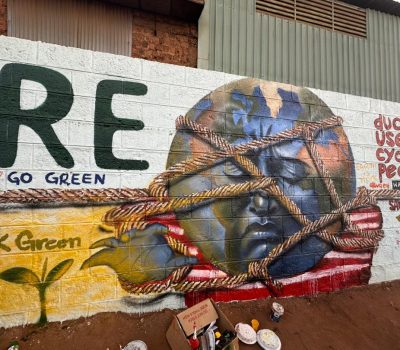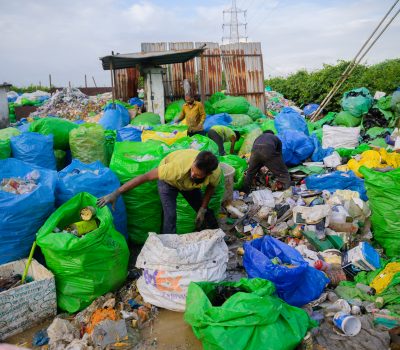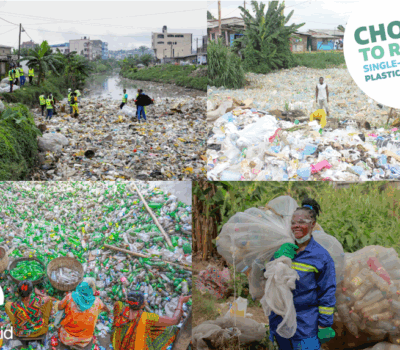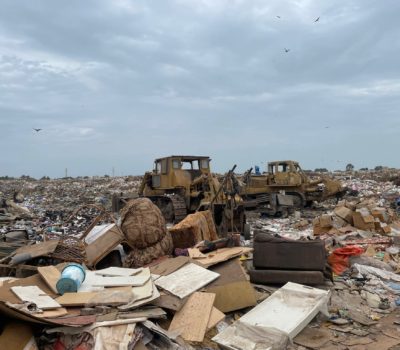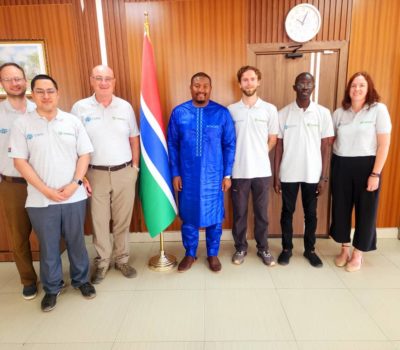A New Chapter in Kampala’s Waste Revolution
News
Author: Admin
Published: 25 July 2025
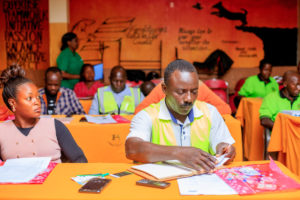
At a recent workshop in Uganda’s capital city of Kampala, something significant has begun to spark in community approach to waste.
WasteAid, in partnership with Kampala Capital City Authority (KCCA), brought together Parish Council Leaders, Division Officials, and local Wastepreneurs for a powerful half-day workshop aimed at transforming how communities handle their waste.
The goal was clear: equip local leaders with the knowledge and sense of urgency required to promote source-level sorting and disposal. But this workshop was more than information-sharing—it was a call to action.
“As leaders, we didn’t gather to tick a box—we gathered to take responsibility and drive action,” declared Samula Matovu John, a sentiment echoed throughout the day.
Participants tackled the root causes of poor waste management in breakout groups, developing community-led solutions to persistent issues. These included illegal dumping, high collection charges, lack of segregation, limited equipment, and poor enforcement of by-laws.
Among the standout concerns was the absence of sorting infrastructure in densely populated areas. The solution? KCCA and local leaders committed to mapping and allocating communal sorting hubs, combining this with grassroots awareness campaigns which will be spearheaded by leaders and Wastepreneurs working hand-in-hand.
Another major roadblock was the community’s resistance to paying for waste services. Leaders acknowledged the need to change the narrative by embedding education into everyday engagement. “Change starts when leaders stop pointing fingers and start holding brooms,” said Phiona Nabalayo, capturing the spirit of collective responsibility that filled the room.
A notable highlight was the testimonies shared by local Wastepreneurs who collect PET, paper, and soft plastics.
Their challenges—such as lack of balers and limited recycling markets—were not just heard, but integrated into follow-up plans. These plans include reaching out with corporates like Coca-Cola and Pepsi to explore support for essential baling equipment.
“If the community is the problem, then the community is also the solution,” added Nsumba Davis. It’s a mantra that will shape the upcoming parish dialogues and sensitisation campaigns launching this month.
Looking ahead, the action plan includes tailored IEC materials for urban slums, strengthened contractor oversight, and school curriculum inserts to foster early education on waste.
“We shall not recycle just plastics—we must also recycle our mindsets,” concluded Namara Jossy Rugasira.
The workshop didn’t just end with a report—it launched a movement. With local leaders at the helm, a cleaner Kampala isn’t just possible—it’s already underway.

